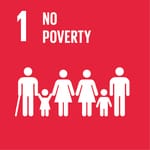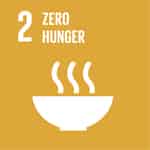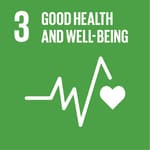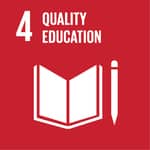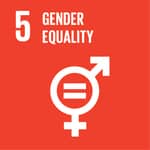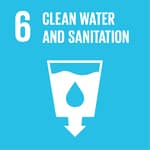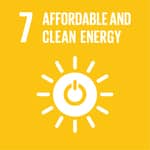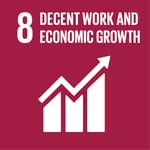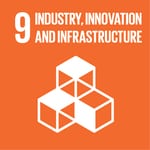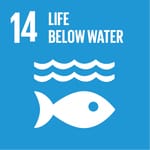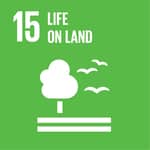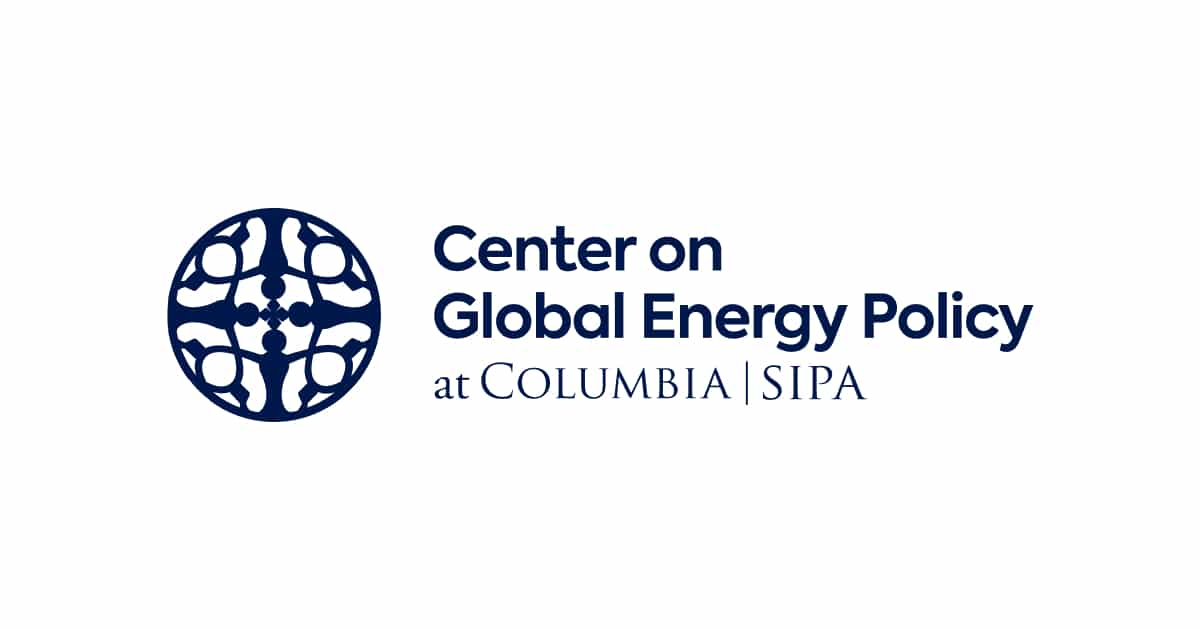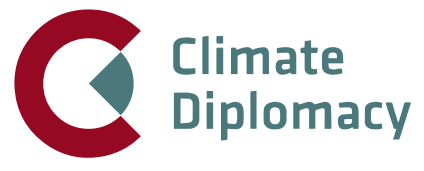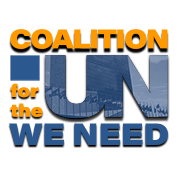It is “mandated by Congress to coordinate Federal research and investments in understanding the forces shaping the global environment, both human and natural, and their impacts on society.” To this end, it “facilitates collaboration and cooperation across its 13 Federal member agencies to advance understanding of the changing Earth system and maximize efficiencies in Federal global change research “; aiming to “build a knowledge base that informs human responses to climate and global change through coordinated and integrated Federal programs of research, education, communication, and decision support.” For that it integrates climate change research and analysis with other dimensions, e.g., changes in land use and land cover and human alteration of key biogeochemical cycles. The portfolio of Earth observations includes satellite, airborne, ground-based, and ocean-based missions, platforms, and networks.
Strategic Foci:
- Advance scientific knowledge of the integrated natural and human components of the Earth system to understand climate and global change
- Provide the scientific basis to inform and enable timely decisions on adaptation and mitigation
- Build sustained assessment capacity that improves the nation’s ability to understand, anticipate, and respond to global change impacts and vulnerabilities
- Advance communication and education to broaden public understanding of global change and develop the scientific workforce of the future.
Publications:
- News and open notices
- A blog with highlighted research
- Webinars that “draw on select content from the Fourth National Climate Assessment and are hosted by the participating agencies.
- A library with 200+ authoritative reports on relevant topics
- Creates and maintains the Global Change Information System, a “curated gateway to global change information, publications, data, and metadata” produced by the USGCRP agencies, which includes 2000+ reports, 400+ books, 1700+ figures, 1200+ journals, 7400+ articles, 8000+ organizations, 13,000+ people, 3,200+ data sets, 190+ tables, 7 scenarios, etc. Examples of USGCRP’s work: a set of maps and other tools that illustrate coastal flooding risks associated with future sea level rise, intended to help communities plan for the future and build resilience through infrastructure following Hurricane Sandy in October 2012, and scenarios for the National Climate Assessment.
HIGHLIGHTS:
The Fourth National Climate Assessment, a massive two-volume effort from the U.S. Global Change Research Program, was mandated by the U.S. Congress, and thus escaped the head-in-sand climate change denial of the Trump administration.
- Volume 1: Climate Science Special Report (2017, 470p; 23p Summary), provides a non-technical overview of US and global climate change–past, present, and future–with projections and scenarios of temperature and precipitation change, drought and floods, extreme storms, Arctic change, sea level rise, and potential surprises.
- Volume 2: Impacts, Risks, and Adaptation in the United States (Nov 2018, 1,515p; 86p Report-in-Brief; 8p Summary) provides an excellent survey of economic and social areas that will be increasingly imperiled, as well as detailed assessment of projected changes in 10 U.S. regions. Growing impacts and risks are described for water and energy supply, land use, forests, ecosystems and biodiversity, oceans, high tide flooding of coastal areas, agriculture and rural communities (productivity decline expected, especially in the Midwest), built environment and cities, infrastructure and property losses, transportation, air quality, threats to human health, threats to indigenous peoples, U.S. international interests, and sector interactions. Although Volume 2 is limited to the U.S., the framework for assessing rising costs of climate change, and where encountered, could be applied to any large country or region.


